You found a few potential candidates, and the next step is interviews. Navigating this crucial step requires precision. The right questions can unveil a candidate's true potential.
A fractional CFO is more than a financial expert; they're your strategic ally. Asking, “How have you transformed a company's strategy?” can be enlightening.
Here are some of the top questions to ask in a CFO job interview.
We offer this website completely free to our visitors. To help pay the bills, we’ll often (but not always) set up affiliate relationships with the top providers after selecting our favorites. However, we do our best not to let this impact our choices. There are plenty of high-paying companies we’ve turned down because we didn’t like their product.
An added benefit of our relationships is that we always try to negotiate exclusive discounts for our visitors.
Why We Like Toptal
General Questions for a Fractional CFO Interview
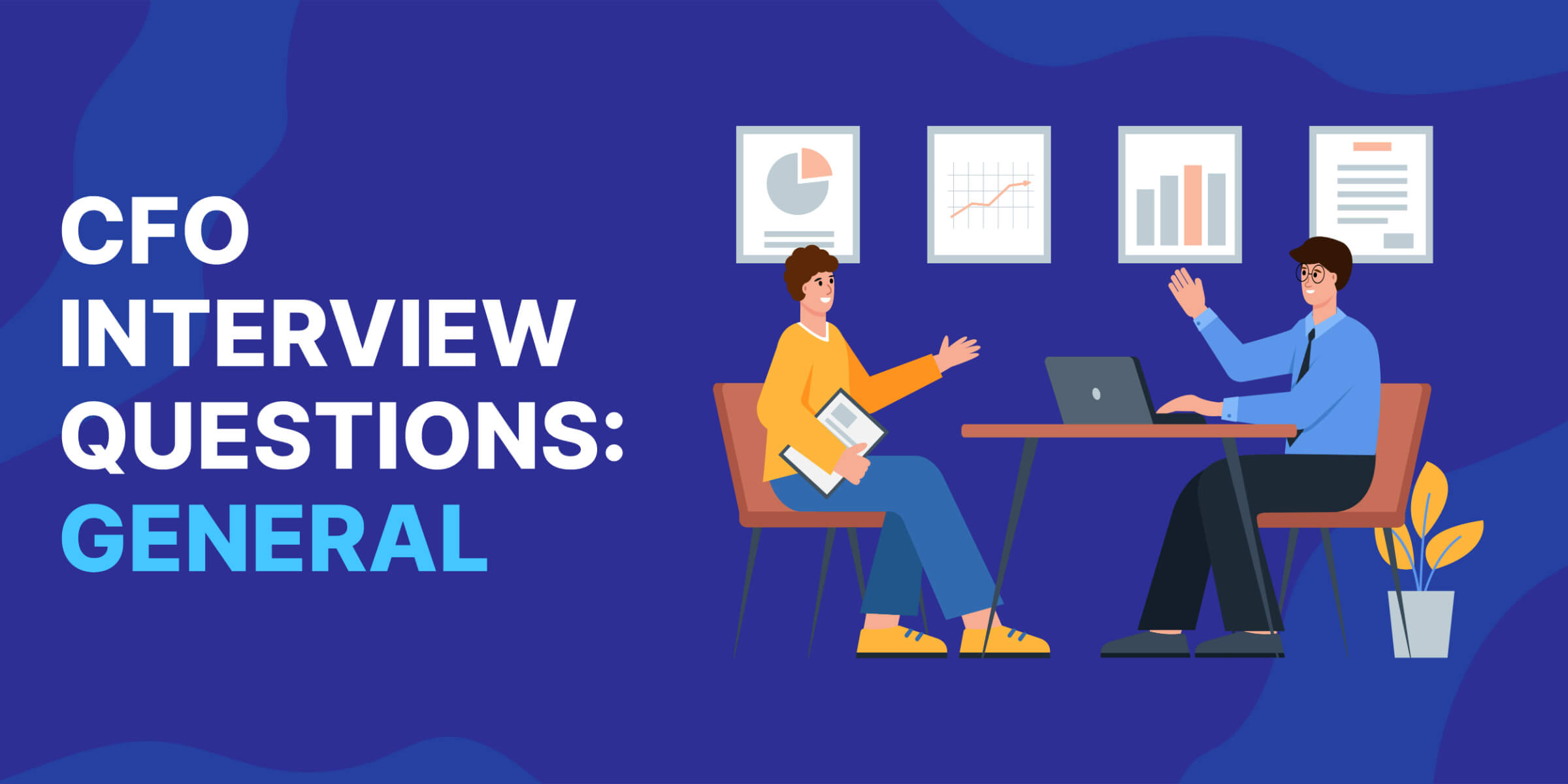

General questions aim to give you a better understanding of the CFO candidate as a whole. They offer insight into their overall background and potential to help your organization.
Here are a few key general questions to ask in a CFO interview:
1. What industries do you specialize in?
Gain a deeper understanding of their background and if it aligns with your company’s industry.
2. What were your responsibilities in your previous role?
Learning what the CFO did previously helps you determine if they’re well-suited for the responsibilities in your role, or if there may be gaps in their expertise.
3. What are some unique strengths that you’ll bring to our company?
Hard skills are not all that matters in a CFO. This helps you understand which soft skills set each candidate apart, which can help you determine the best fit for your organization.
4. What accomplishments are you the most proud of in the past five years?
Asking this question provides insight into the candidate’s professional achievements, allowing you to assess their capability and effectiveness in a CFO role. It reveals their impact on previous organizations and whether their accomplishments align with your company’s needs.
5. How do you bill for your CFO services?
This question helps you determine whether their service cost aligns with your financial capacity. It helps you understand if the CFO is a viable investment for your organization's unique needs.
6. What questions do you have about this role or our company?
By posing this question, you can gauge the candidate’s interest and understanding of your company and the role. It reveals their research, preparedness, and whether they have thought about how they can contribute to your organization.
Technical Questions for Fractional CFO Interviews
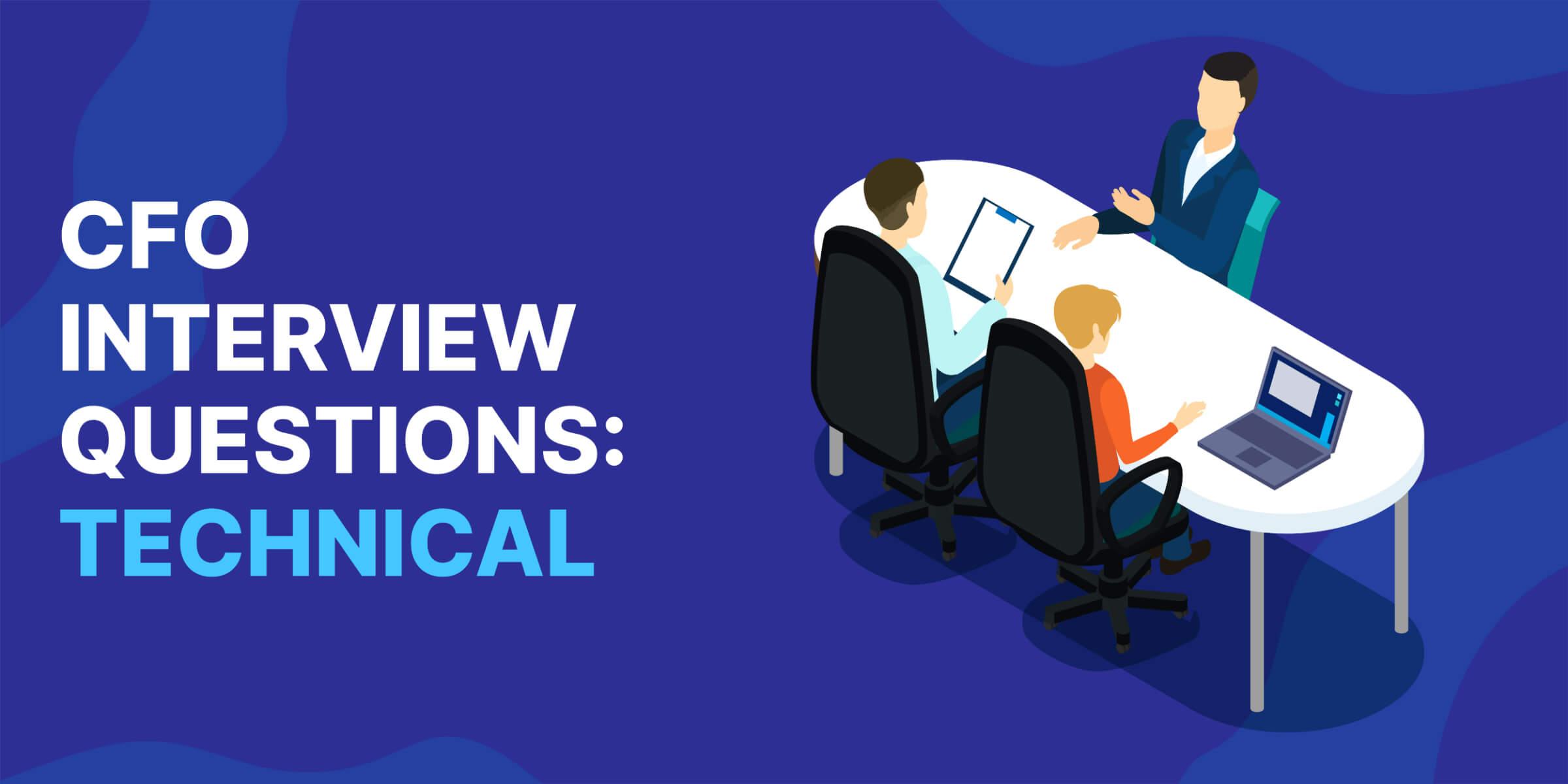

7. What trends, data, and insights do you leverage when crafting financial strategic plans?
With this question, you learn the candidate's approach to leveraging relevant information to craft informed and effective financial strategies. It provides insight into their analytical and strategic thinking abilities.
8. What is your approach to annual planning and forecasting?
This question reveals the candidate’s methodology in anticipating financial needs and preparing for the future. The answer shows their proficiency in mitigating risks, identifying opportunities, and ensuring the company's financial health.
9. What is your experience with mergers?
The answer to this question gives insight into their ability to navigate complex financial integrations and negotiations. It’s valuable to know even if you don’t have an upcoming merger planned.
10. What do you know about our organization’s financial goals, initiatives, and success?
This question helps assess the candidate's knowledge and understanding of your company. It reveals their level of preparation and interest. From the answer, you can learn whether they can align their services with your organizational objectives and needs.
11. In your opinion, what is the key to a successful budget?
By asking this, you can understand the candidate’s philosophy and approach towards budgeting. Their response sheds light on their prioritization, resource allocation, and financial management skills.
12. If you noticed the annual forecast projects a revenue decrease, how would you solve this problem?
This question provides insights into the candidate's problem-solving abilities and strategic thinking. Unveil their proficiency in implementing corrective actions to address financial downturns.
Scenario & Experience-Based Questions for Fraction CFO Interview
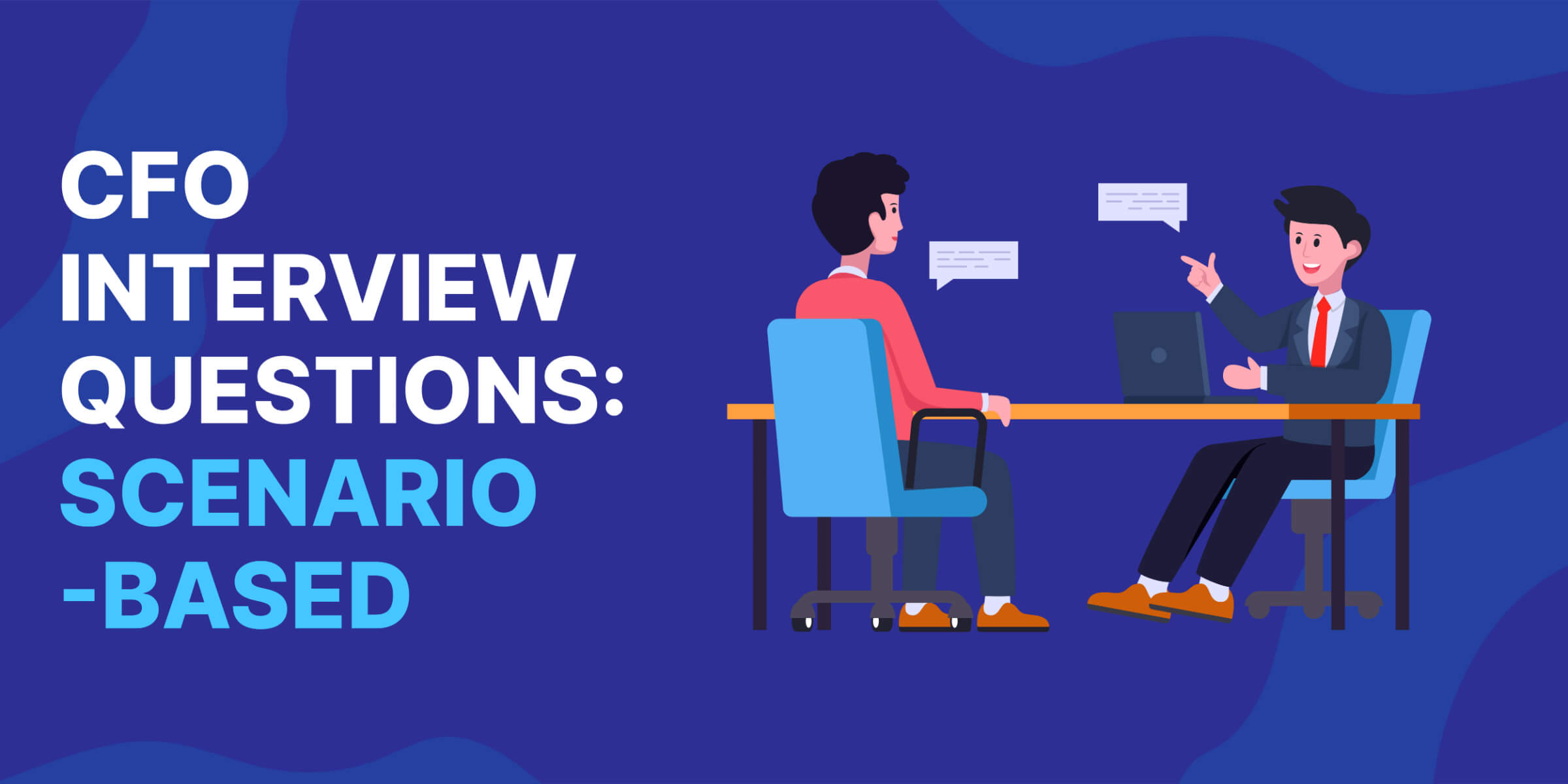

13. Provide an example of a strategy you implemented to increase the profit or revenue of a client.
Asking this provides insight into the candidate’s practical experience and success in enhancing financial performance. Their answer allows you to assess their strategic thinking, problem-solving, and impact on a business's profitability.
14. What was your biggest failure as a CFO and what did you learn from it?
This question is crucial as it reveals the candidate’s ability to learn and adapt from mistakes, offering a glimpse into their resilience, self-awareness, and continuous improvement approach, which are critical for navigating the complexities of financial management.
15. Please describe your leadership style and give an example of a time you demonstrated this leadership.
This question enables you to understand the candidate’s approach to leadership and teamwork. Learn their ability to inspire, manage, and collaborate with others, and whether their style aligns with your company’s culture and objectives.
16. What was your most important contribution to your past company?
By asking this, you can assess the tangible impact the candidate has had in their previous roles, understanding their ability to drive significant changes, improvements, or results in alignment with corporate goals.
17. How would you communicate bad news to the board of directors?
With this question, evaluate the candidate’s communication skills and their approach to managing challenging situations. Their answer reflects their transparency, tact, and ability to maintain trust during turbulent times.
18. How do you decide whether a potential investment would be profitable?
This question helps you understand the candidate’s analytical and decision-making process in evaluating investment opportunities. Their answer reflects their capability to assess risks and align investments with the organization’s strategic goals.
19 Tell me about a time you streamlined an existing accounting process.
Top CFOs seek to improve efficiency, and this question helps you evaluate their ability to do with bookkeeping and accounting strategies.
Fractional CFO Services
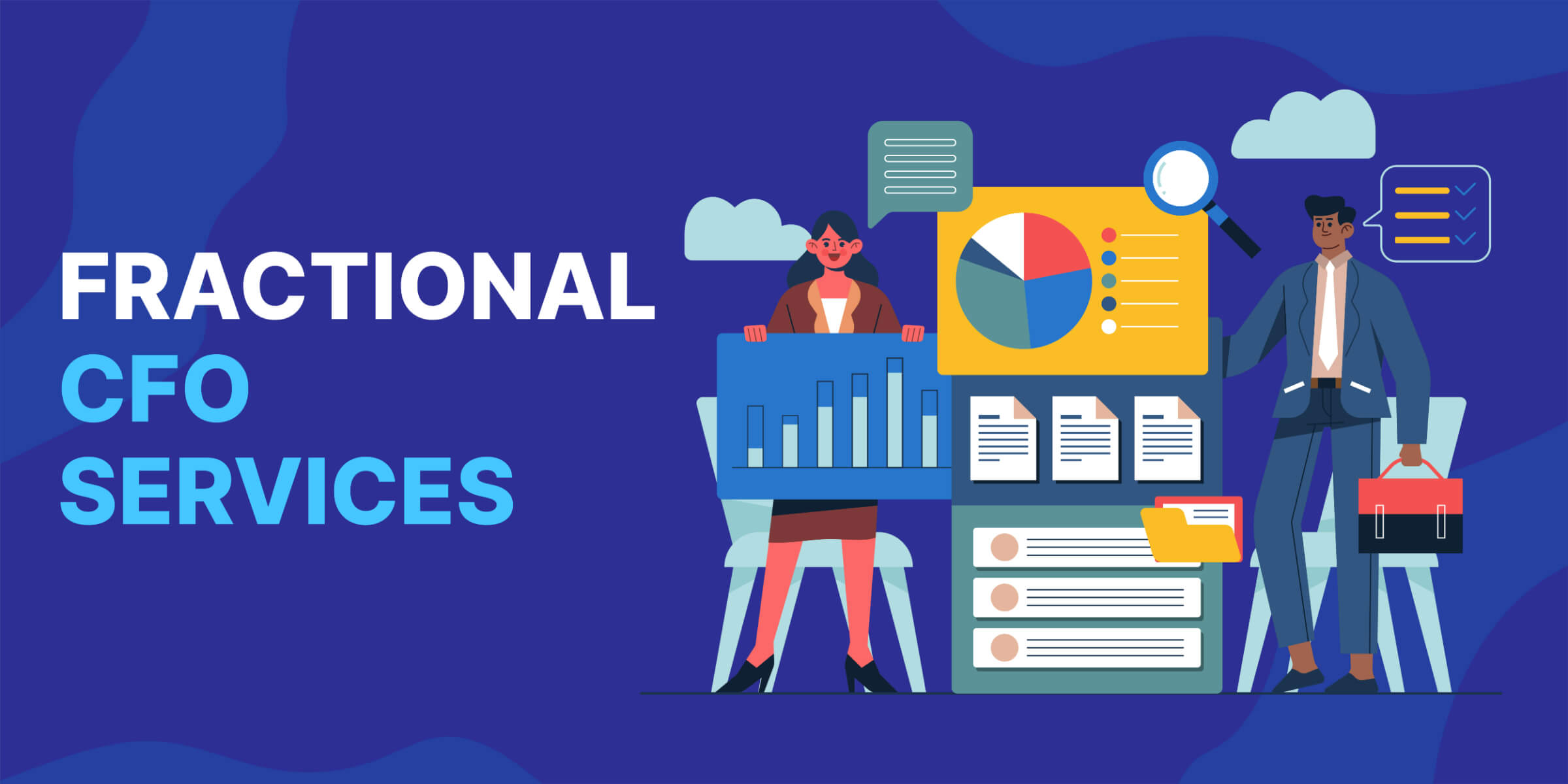

Some of the most valuable fractional CFO services include:
Financial Strategy
Fractional CFOs develop comprehensive financial strategies that align with a company's goals and objectives. They optimize financial performance and ensure sustainability. One of their main responsibilities is to assess the company’s financial health and create actionable plans to optimize resources and enhance profitability.
Short & Long-Term Forecasting
Fractional CFOs perform short and long-term forecasting to identify trends and predict financial outcomes. They leverage advanced modeling and analytic techniques to project future revenues and expenses. This allows businesses to anticipate financial needs and make informed, proactive business decisions.
Budgeting
Fractional CFOs analyze financial data to create realistic budgets that accommodate business needs while maintaining fiscal responsibility. They ensure that resources are allocated efficiently to meet organizational objectives. They also monitor budget adherence, ensuring financial stability.
Expanding Services, Products, and Geographies
Fractional CFOs help businesses strategically scale by expanding their services, products, and geographical presence. They conduct market research, risk assessments, and feasibility studies to identify growth opportunities and challenges. This service is crucial for businesses looking to grow and diversify.
Raising Capital
Securing funds is pivotal for business growth, and fractional CFOs help raise capital. They not only identify suitable funding sources but also prepare compelling financial presentations. Their expertise allows businesses to secure the necessary capital efficiently and on favorable terms.
Systems Design and Strategy
Fractional CFOs develop and implement robust financial systems and strategies to streamline operations and enhance productivity. This service ensures that businesses have the right financial infrastructure in place. It helps them operate efficiently and adapt to evolving business environments.
Best Place to Find Fractional CFOs
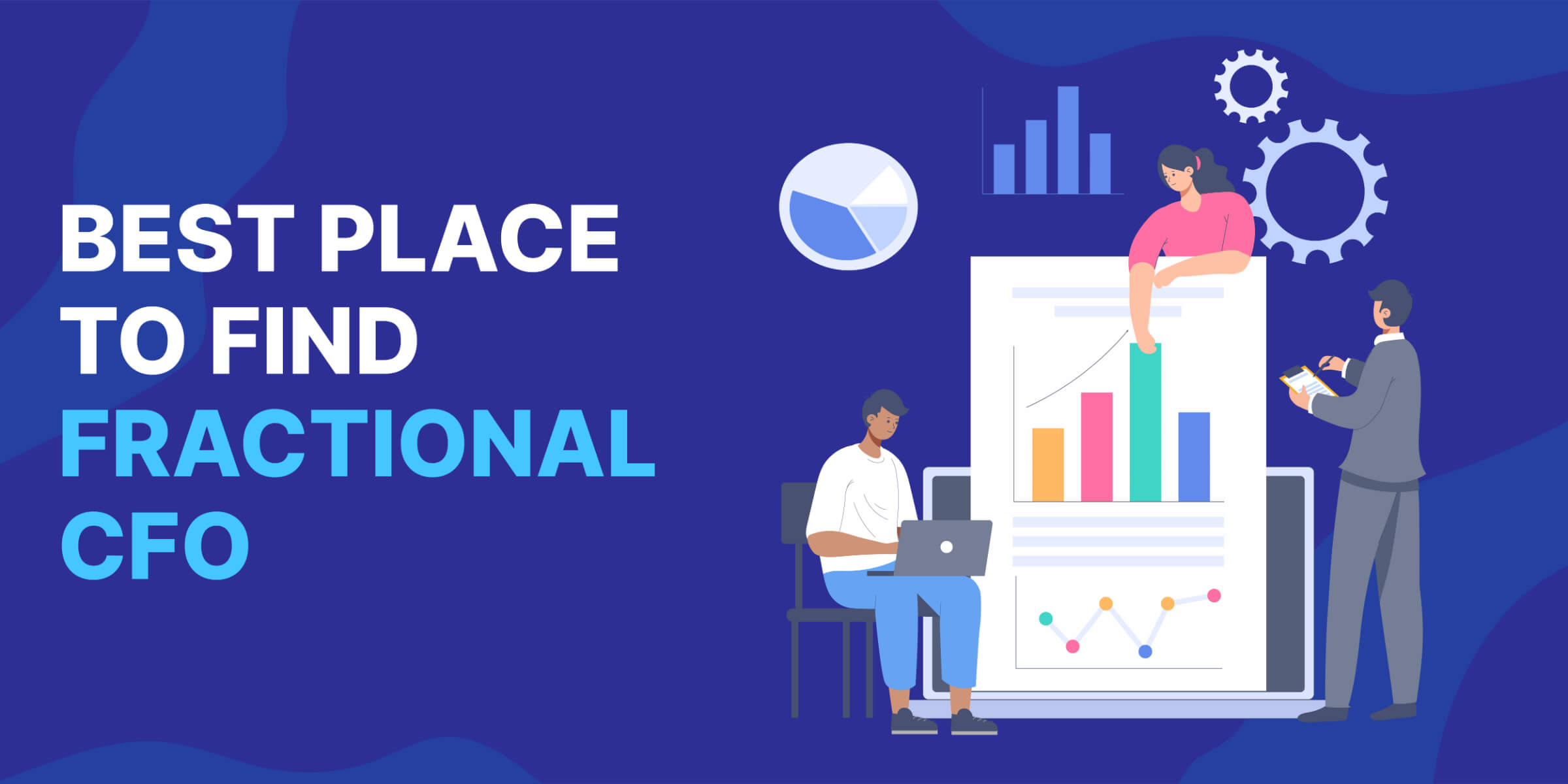

Looking for a qualified fractional CFO?
Toptal is the best platform to find fractional CFOs.
With a stringent vetting process, they only accept the top 3% of candidates. They ensure access to top-tier CFOs to craft financial strategies. Furthermore, they streamline the search process by pairing you with prospects who suit your project needs.
Why We Like Toptal
- Top Talent: Get access to elite, pre-screened candidates (only accepts the top 3%)
- Flexibility: Ideal for long-term or shorter-term specialty projects
- 14-Day Risk-Free Trial: Only get billed if you're satisfied
Frequently Asked Questions
Why hire a fractional CFO?
Businesses that don’t require a full-time executive but need expert financial guidance should hire a fractional CFO. They offer flexibility, allowing companies to access high-level financial expertise at a fraction of the cost of a full-time CFO.
What should I look for in a fractional CFO?
When seeking a fractional CFO look for proven expertise in financial management, strategic planning, and industry knowledge. Additionally, assess their communication skills, problem-solving ability, and whether they can integrate well with your company’s culture and vision.
What is one question to ask a fractional CFO in an interview?
One pertinent question to ask is, “Can you describe a time when your financial strategy significantly contributed to a company’s growth or turnaround?” This question can reveal their strategic thinking, problem-solving ability, and experience in delivering tangible results.



















